
Date: 25 July 2024
Source: Sparklike
In the first part of the series, we talked a The Role of Insulating Gases in Energy Efficiency and shared some academic studies related to the topic. In this blog we talk about the environmental and economic impacts of insulating gases and how it impacts energy savings in buildings.
Environmental Impact
Energy Savings Insulating gases in IGUs significantly reduce heat transfer, leading to lower energy consumption for heating and cooling. This translates to substantial energy savings over the life of a building, making it more sustainable and cost-effective. It is also important to monitor the condition of windows in a building and maintain them. Read more of Repair Construction and Structural Energy Efficiency.
Carbon Footprint Reduction By improving the energy efficiency of buildings, insulating gases help reduce the overall carbon footprint. Lower energy consumption means fewer greenhouse gas emissions from power plants, contributing to environmental protection efforts.
Regulatory Compliance Meeting energy efficiency standards is crucial for modern buildings. Insulating gases help IGUs comply with stringent regulations and policies. There are also new policies being suggested, such as those outlined in the Glass for Europe Policy Manifesto 2024-2029. These regulations aim to enhance building performance and environmental sustainability from glass and window perspective.
Economic Benefits
Cost Savings on Energy Bills Homeowners and businesses can enjoy long-term financial benefits from lower energy bills. Efficient IGUs reduce the need for heating and cooling, leading to significant cost savings over time.
Minimized Production Downtime Nondestructive testing (NDT) methods allow for continuous operation without the need to halt production for quality checks or do sample tests. This not only improves productivity but also reduces costs associated with downtime. Read our other article “7 Ways to Reduce Manufacturing Related Quality Costs” to learn more about quality control’s impact on manufacturing.
Enhanced Product Quality Regular non-invasive inspections ensure consistent high quality, leading to fewer customer complaints and returns. Maintaining high quality through NDT helps build a strong reputation and customer trust.
By leveraging the environmental and economic benefits of insulating glass units filled with insulating gases, the building industry can achieve higher efficiency, compliance with regulations, and enhanced marketability, ultimately contributing to a more sustainable future.
References:
- Sergeyev, A., & Borysow, J. (2008). Nondestructive Method of Measuring Relative Concentration of Gases (e.g., Argon) in Double-Pane Windows. Sensors and Materials, 20(3), 123–130.
- Asphaug, S. K., Jelle, B. P., Gullbrekken, L., & Uvsløkk, S. (2016). Accelerated ageing and durability of double-glazed sealed insulating window panes and impact on heating demand in buildings. Energy and Buildings, 116, 395-402. https://doi.org/10.1016/j.enbuild.2016.01.015
- van Nieuwenhuijzen, E., Tetteroo, J., Vliet, M., Melet, E. (2023). In situ detection of product age and argon concentration as measure of the re-use potential of insulating glass units in buildings. Glass Structures & Engineering. 8. 1-23. https://doi.org/10.1007/s40940-023-00225-0.
Contact Sparklike for more information and support on measuring argon concentration in IGUs.
 600450
600450

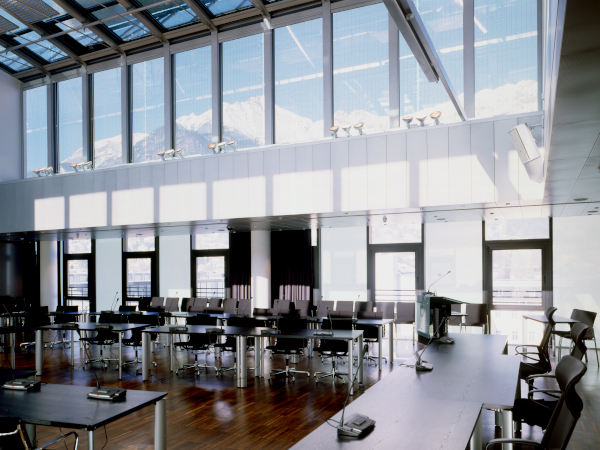
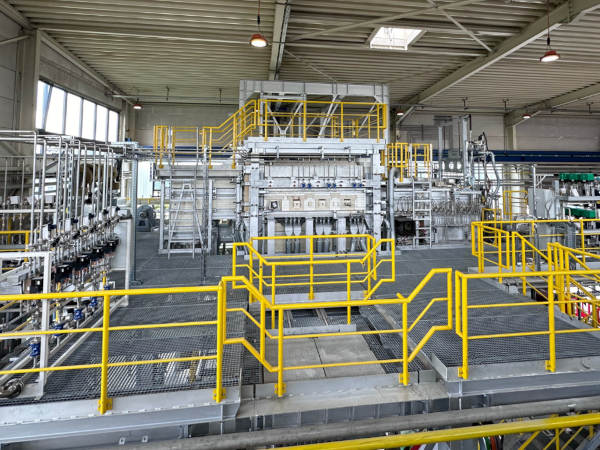
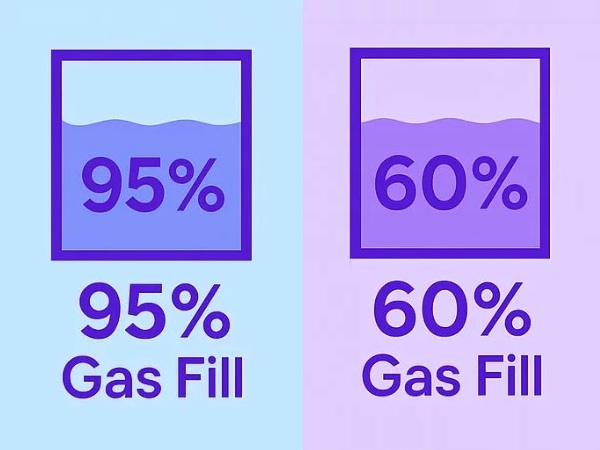












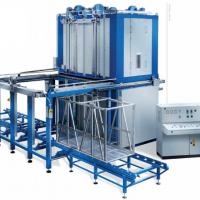
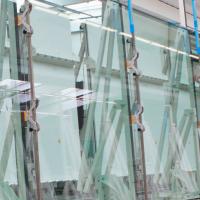



Add new comment